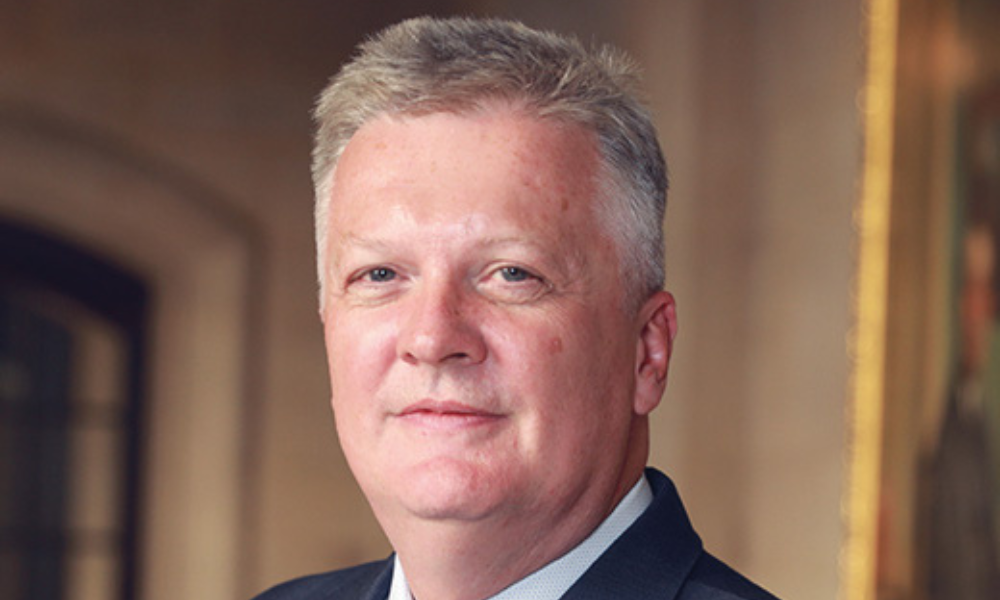He argued that the bank may have begun easing too soon last year and suggested its main rate had “plateaued at slightly too low a level” during 2023 as it attempted to bring inflation under control. Pill’s comments continue a pattern of caution as the central bank navigates a complex economic environment.
While inflation has eased from its peak, Pill warned that signs of disinflation are weakening. “Disinflationary momentum has shown signs of stuttering,” he said. Pay growth has been slower to decline than expected, and core services inflation remains elevated.
Business activity indicators are strengthening again, and household inflation expectations have risen, he noted. These developments follow an extended period of inflation remaining above the bank’s 2% target.
His remarks suggest growing division within the MPC on how quickly to ease policy amid uncertain economic signals. At its meeting earlier this month, the committee voted 5–4 in favour of cutting the bank rate by 0.25% to 4.25%. Two members supported a larger cut to 4%, while two others – including Pill – voted to keep the rate unchanged at 4.5%.
“I would characterise my May vote as favouring a ‘skip’ within a continuing withdrawal of monetary policy restriction, rather than a halt to the process of withdrawal,” Pill remarked. “I still view the underlying disinflation process (towards lasting achievement of the 2% inflation target) as intact.
